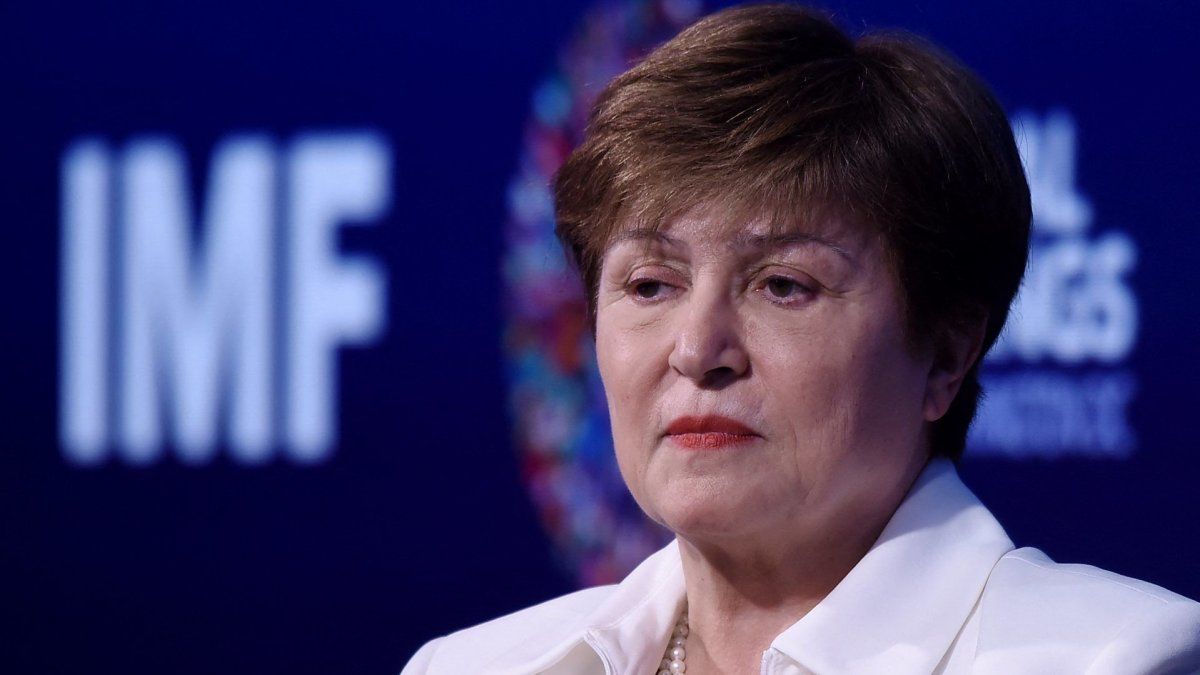Then the renegotiation of the former Minister of Economy is added, which managed to ensure that the organization’s missions did not take the quarterly sequence as the exam to be passed, but rather the final result of 2022. In other words, to know if Argentina would approve or not the imposed goals, the IMF must evaluate it in the first quarter of 2023, and not over the past quarter.
The President and the Minister of Economy assured Kristalina Georgiev, Gita Gopinath and Ilan Goldfajn that the goals and objectives agreed upon, approved and signed on March 25, will be respected. And that the IMF will have the power to claim them when the numbers and percentages that the country presents to the agency’s inspectors are audited. But no new claims will be accepted outside of those already required.
The clarification to the managing director, her number two and the director for the Western Hemisphere (the three people who between Sunday and Wednesday had contact with Fernández and Batakis), came after Georgieva’s statement was read to the Reuters agency, when he said, “We need to be clear that painful actions are sometimes necessary in order to reap the benefits of these actions.”
In Buenos Aires, the statement, made after the conversation with the President on Sunday and before the communication with batakis on Wednesday, brought, due to its eclectic nature, a certain distrust within the Government. Especially because of the effects that he could bring within Kirchnerism, with whom the President sought to reestablish relations after Guzmán’s departure. The last thing the Head of State expected was that from the IMF Argentina was required to apply new “painful” measures outside of what was signed.
If this alternative were true, Alberto Fernandez would have lost the defense argument of the agreement, which had been negotiated and agreed to without extra adjustments and without the traditional recipes that the IMF applied in normal Extended facilities. The government always defended the agreement in Buenos Aires, stating that it was a very different pact from what the Fund traditionally imposed, and that it would not require the country to make any extra adjustments. At least outside of what was signed.
Alberto Fernández had expressed it thus to georgieva, and felt some discomfort when he read the transcript of the statements of the managing director of the Fund. finally it was batakis the one in charge of talking to the body and closing the issue. Argentina would remain firm in achieving what was already signed, but would not negotiate new obligations or recommendations to be applied. This would be so, even if next year it is determined that the country did not meet the goals and a waiver should be negotiated.
Probably the next contact between the parties will be on July 25, during the trip that Alberto Fernández will undertake to Washington to meet with Joe Biden. That day the Argentine will have his bilateral with his American counterpart and it will be known if the IMF issue is on the agenda of the meeting. In fact, Cristina Fernandez de Kirchner he slipped him at the dinner they held in Olivos last Monday the 4th; that this meeting would be ideal to consider the possibility of claiming support from the US government to renegotiate the agreement with the IMF. Alberto Fernández clarified to the Fund that an eventuality of this type is not on his agenda. But don’t take extra “painful” measures either.
Source: Ambito
David William is a talented author who has made a name for himself in the world of writing. He is a professional author who writes on a wide range of topics, from general interest to opinion news. David is currently working as a writer at 24 hours worlds where he brings his unique perspective and in-depth research to his articles, making them both informative and engaging.




